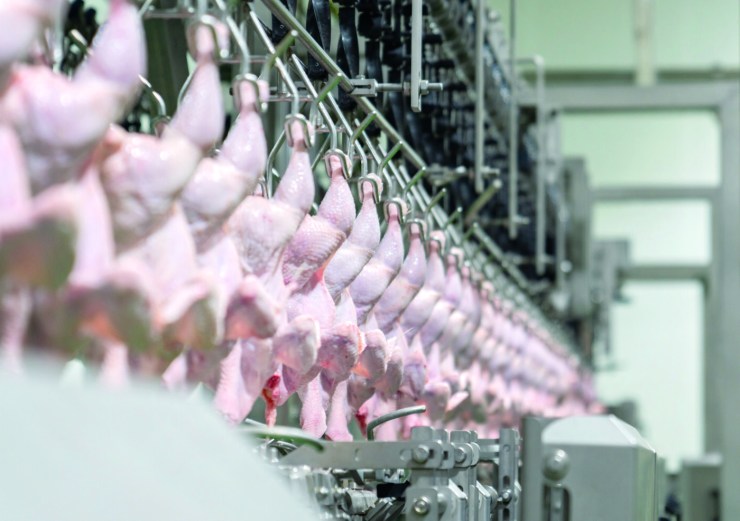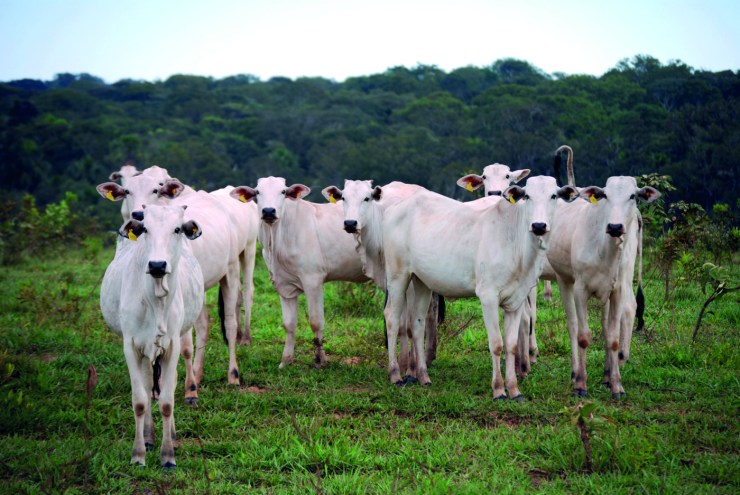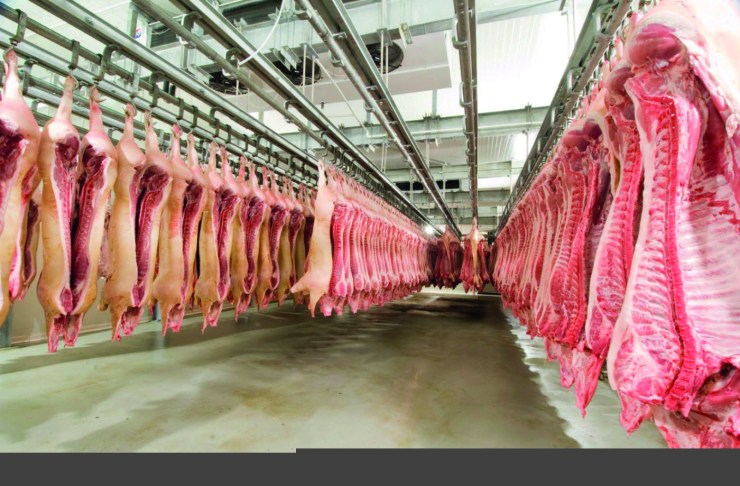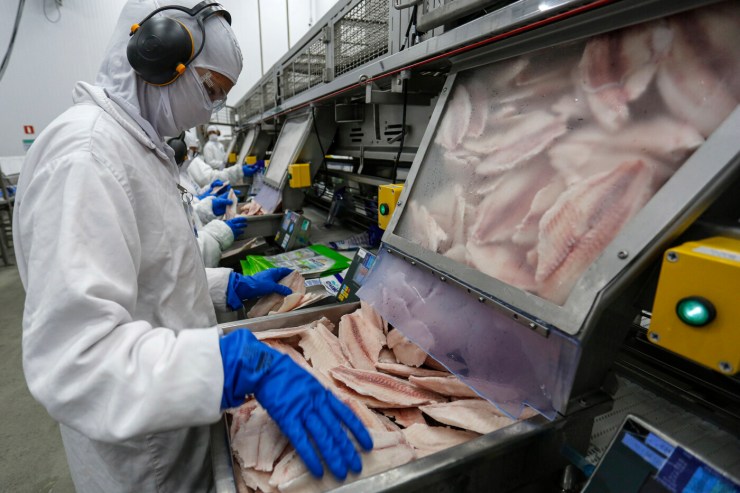As the world leader in beef exports, Brazil earned more than US$12.8 billion from the product last year and recorded a total of 2.8 million tons exported, the best performance in history, according to data from the Brazilian Association of Meat Exporting Industries (Abiec). This year, Brazilian companies have already exported 423,833 tons of beef and earned more than US$12 billion.
To maintain this position, the country is prospecting new strategic markets, such as Japan and Vietnam, with which it recently signed trade agreements. The move comes amid the imposition of tariffs by the United States on Brazilian products.
Foreign Trade specialist Rogério Marin believes that the measure should not have a significant impact on exports, since strong domestic demand in the US keeps the country as one of the main buyers of Brazilian protein. “The 10% tariff imposed by Donald Trump’s government on Brazilian products reflects an escalation in protectionist measures, although it has little potential to affect the beef import scenario from the United States, which mainly imports to meet domestic demand and specific niches, such as lean meat for hamburgers. Previously, in 2022, Brazil faced non-quota tariffs due to high American demand, but managed to remain competitive. Last year, the US imported 229 thousand tons of Brazilian beef, a significant increase compared to 2023. This new measure may increase costs for North American importers, although demand for meat remains high and mitigates this scenario. Brazil also remains competitive in terms of price and volume, which should sustain the growth trend in meat exports,” he analyzes.
According to estimates from the United States Department of Agriculture (USDA), Brazil is expected to export 3.6 million tons of beef in 2025. The National Supply Company (Conab) projects up to 3.7 million tons. Factors such as the devaluation of the real, the retreat of competitors such as Australia and New Zealand, and progress in trade agreements support this optimism.
Currently, Brazil exports to more than 150 countries and China remains the main destination for Brazilian meat, followed by the United States, the United Arab Emirates, Chile and Hong Kong, which together account for a large part of the sector's revenue, estimated at more than US$15T 8 billion.
New markets
Last month, Brazil began targeting new Asian markets for beef sales. Japan, known for its health requirements and for being one of the world's largest importers of protein, represents an opportunity for high added value and profitability for Brazilian companies due to its demand for premium products.
Vietnam, with its growing middle class, is emerging as a promising market for higher-quality cuts. “China is currently the largest importer of Brazilian beef. The agreements with Japan and Vietnam help reduce this dependence, offering greater stability to exports by mitigating the risk of restrictions or fluctuations in a single market. Entry into these countries, however, requires advances in traceability, certifications and quality, but the potential for returns is high,” says Marin.





